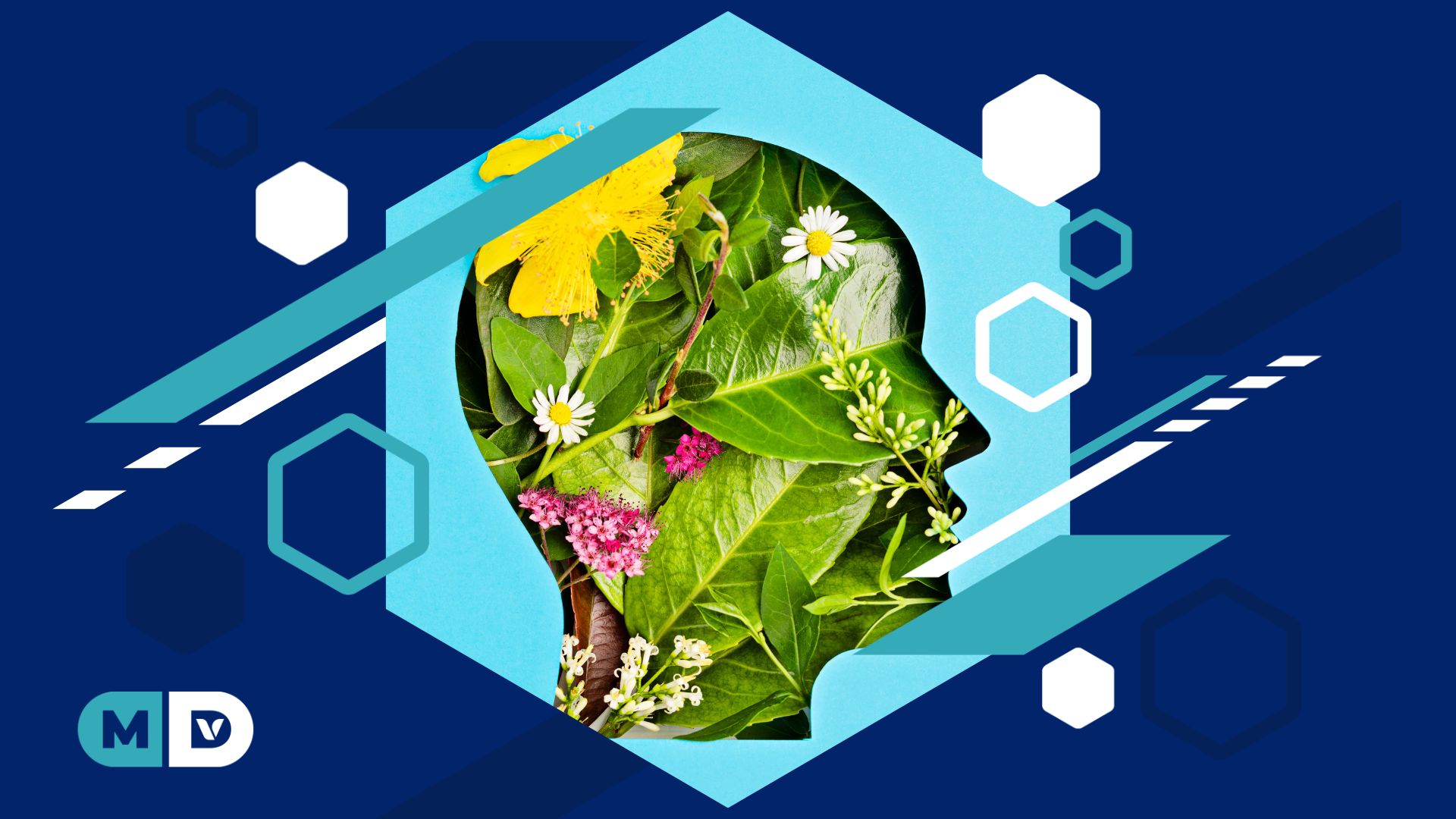
Nootropics are a diverse class of substances known to improve thinking, learning, and memory. Their ability to improve cognitive function is why nootropics are often referred to as “smart drugs.”
It should be noted that “nootropics” is an incredibly broad term. It includes everything from herbal extracts like ginseng to prescription drugs like Ritalin and rivastigmine. Do you drink coffee or tea? Guess what, those two substances are also nootropics. Simply put, if a substance affects your brain in a way that improves cognitive function, then it is a nootropic.
As if that wasn’t enough to keep track of, new research indicates that psychedelics may also fit under the wide nootropic umbrella. We’ll dive into the growing evidence surrounding psychedelics’ nootropic properties and explain how they compare to established nootropic substances.
Psychedelic research is an incredibly new field made possible by recent shifts in public opinion and regulatory changes. As such, we are only now beginning to understand the effects of psychedelics and their underlying causes.
Here’s what we currently know about the therapeutic effects of psychedelics:
What these psychedelics have in common is that their therapeutic effects seem to be made possible by their ability to promote either neuroprotection, neuroplasticity, or neurogenesis. This seems to indicate that psychedelics possess cognitive boosting nootropic properties.
A 2022 study sought to verify the psychedelic-nootropic connection through the lens of LSD. Similar to the psychedelics mentioned above, the substance has been shown to increase “openness to experience, well-being, satisfaction with life, mindfulness, and optimism.”
The team behind the study ran three sets of tests, each meant to verify LSD’s ability to boost a different area of cognitive health. The study found that LSD increased plasticity in human brain organoids, increased novelty preference in tats, and improved memory consolidation and recall in humans. This was enough for researchers to say, “Altogether, the results suggest that LSD has nootropic effects.”
So, now that we’ve established the scientific momentum propelling psychedelics to nootropic status — where do psychedelics fit in the nootropic landscape? Given how broad the term “nootropics” is, it’s best to start by differentiating traditional nootropics based on their strength.
On the lower end, you have natural substances like coffee and tea as well as dietary substances like ginseng and ginkgo (though these last two have been the subject of much scientific discourse and disagreement). These are best used for gradual cognitive improvements linked with learning.
In the middle, you have prescription drugs, mostly stimulants, like Ritalin and modafinil. These are best for individuals looking to regulate the symptoms of their ADHD or associated attention disorders.
On the very end of the spectrum, you have incredibly potent nootropics used to treat serious brain damage brought upon by brain trauma, infection, or Alzheimer’s. These should only be used under the supervision of a medical professional.
What differentiates psychedelics from (most) of these established nootropics is their effects. As their nickname suggests, established “smart drugs” primarily affect cognitive function when it comes to the processing, retention, and recall of information — things innate to the conventional idea of “intelligence.” Psychedelics, meanwhile, affect cognitive function when it comes to the healing, protecting, and building of new neural connections that facilitate emotional growth previously inhibited by trauma, depression, or anxiety.
With this in mind, consider the “strength” scale we discussed earlier and apply it to psychedelics. On the low end, you have microdoses which can be helpful in boosting gradual emotional-cognitive improvements. At the other end of the scale, you have high-dosage ketamine and DMT treatments, which can help individuals with deep-seated emotional trauma or PTSD, but should only be used under the supervision of a professional. The middle of the scale is where it gets complicated and where further research will help better define the dosage and consumptions best suited for “prescription” psychedelic dosages.
Nootropics represent a wide breadth of substances used to improve cognitive health. Although we are only now beginning to understand how psychedelics work, early research into their therapeutic benefits seems to indicate that they can serve a similar (if not identical) function as nootropics. Unlike traditional nootropics, however, psychedelics address emotional cognitive health. Continued research into psychedelics will be crucial in ensuring the population at large can properly benefit from their therapeutic qualities.
No Information on MarijuanaDoctors.Com should be used to diagnose, treat, prevent or cure any disease or condition. You can view our Full Disclaimer here.